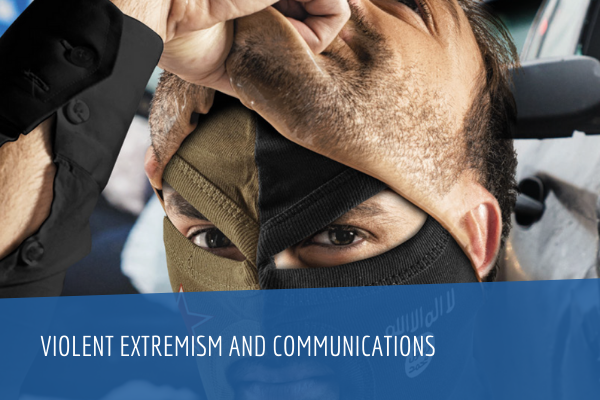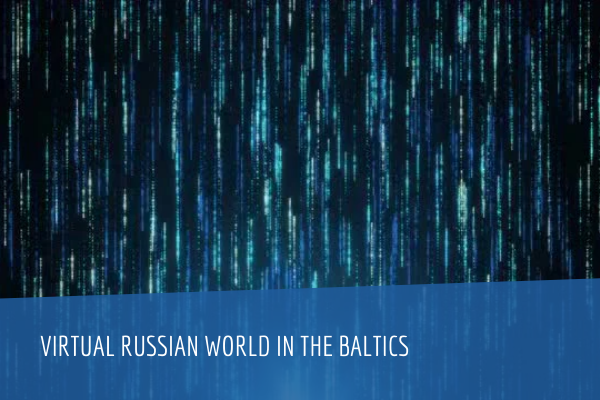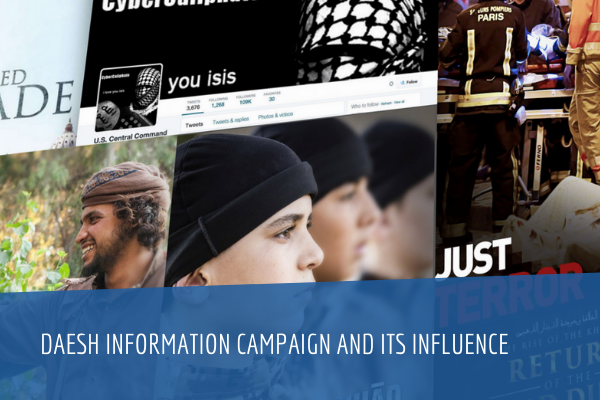This report documents examples of hostile information activities that have originated in Eastern Asia and have been targeted at:
- Taiwan
- The Hong Kong-based protest movement
- West Papua
- The Philippines
Hostile information activities have been used to:
- shape international opinion,
- gain domestic political influence,
- affect the domestic politics and policymaking of another state,
- stifle dissent and discourage opposing views,
- and create justification for economic or diplomatic action by the hostile actor.
This paper describes a range of hostile information activities that attempt to reshape perceptions and influence events both domestically and externally. In countries such as the Philippines and Indonesia, online influence and disinformation is an industry that is used to manipulate domestic public discourse and to legitimize and support government actions such as the ‘war on drugs’. However, hostile information activities are also used to shape how government actions are perceived externally. This can be seen in the various techniques that were used by the professional communications consultancy in Indonesia to shape the international perception of the West Papuan independence movement. Information activities have also been used to interfere in the internal politics of other nations. This is exemplified in the case study of Taiwan, where the Peoples Republic of China (PRC) used information activities to attack the opponents of the Chinese Communist Party (CCP) and justify diplomatic and economic retaliation to silence and repress dissenting views.
- The persistent manipulation of the information space will not be solved with a single policy initiative or by social media companies alone. Rather, a robust suite of multifaceted responses is required, focusing on:
- Fact-checking, digital literacy and critical thinking-based education
- Measures to encourage a strong and independent media with the highest standards of journalistic integrity
- Measures to encourage civil-society groups to research and transparently uncover hostile information activities
- Steps to encourage social media companies to expand their capabilities to detect and remove hostile information activities.
Many social media companies appear to focus on tackling hostile information activities in their home markets first, for both political and competency-based reasons. Countries in Eastern Asia and other regions of the world, by contrast, have different cultural and linguistic backgrounds that make it more difficult for social media companies to understand and respond appropriately.






